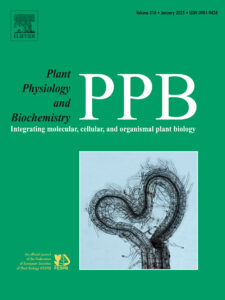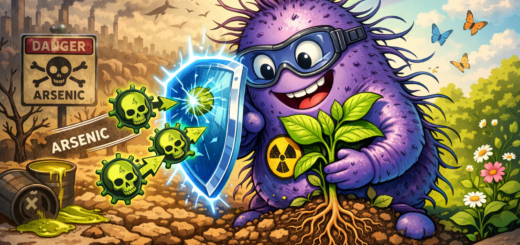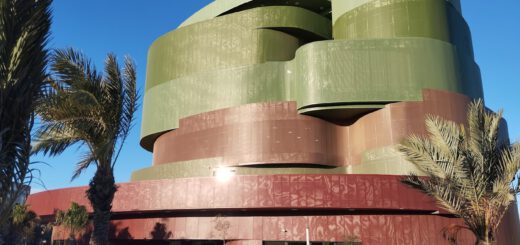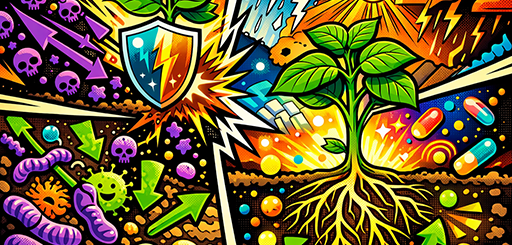Save the taste

Super happy to see this work on the role of root colonizing fungi on strawberry VOCs under drought conditions by my friends from Chile, @patrikoramos and @marlaboratory, finally published. Glad that I was able to help the Chilean crew out and to participate in this work.
Rodríguez-Arriaza F. et al. 2024 Plant Physiology and Biochemistry
Synopsis:
Strawberries (Fragaria x ananassa) are valued worldwide for their aroma among other quality traits. Pyruvate decarboxylase (PDC) is a key enzyme in aroma, initiating the conversion of pyruvate into acetaldehyde. This process produces precursors for esters and aromatic compounds that enhance strawberry aroma. Additionally, alcohol acyltransferases (AATs) are essential for catalyzing acyl group transfers, further enriching fruit aroma diversity. However, strawberries are highly vulnerable to drought, which affects product quality. Plant root-associated fungi offer a novel approach to mitigate water deficiency stress. This study investigates the effect of Antarctic fungal inoculation on the gene expression of FaPDC, and the FaAAT gene family, related to the accumulation of volatile organic compounds (VOCs) in strawberries. Fruits of fungi-inoculated plants under drought stress showed significant changes in gene expression, leading to increased total volatile ester production, primarily in acetate esters, which are important for strawberry aroma. These findings underscore the role of Antarctic fungi in modulating the metabolic pathway of volatile esters by inducing the expression of FaPDC and FaAAT genes. Beyond elucidating the molecular mechanisms underlying aromatic compound biosynthesis in fruits, this study highlights the potential of Antarctic microorganisms as valuable tools to restore and maintain the sensory attributes of agricultural products under water deficiency stress.


